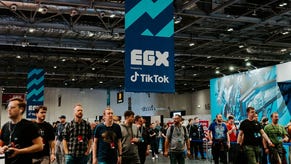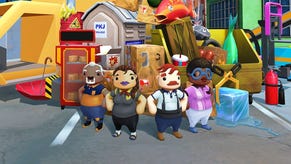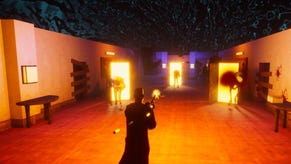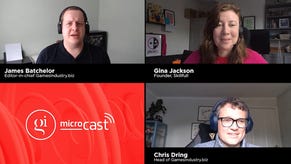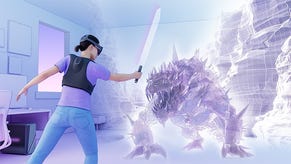Court orders return of Scratch source code
Source code to include proprietary 7 Studios tools and tech
The Los Angeles Superior Court has ruled in favour of Scratch DJ Game, granting the immediate return of source code for Scratch: The Ultimate DJ, as well as a "wall-off" of sensitive information between 7 Studios and Activision.
Though the court found no evidence of wrongdoing against Activision in the hearing on April 15, Judge James C. Chalfant ruled that the game's source code - including any proprietary 7 Studios tools or technology - is the property of Genius Products, and must be immediately returned.
Additionally, both parties agreed to a "wall-off," which prevents 7 Studios from disclosing or discussing Scratch: The Ultimate DJ code or trade secrets with parent company Activision or any other parties.
In a statement given to GamesIndustry.biz, Scratch DJ Game (a partnership between Scratch publisher Genius products and surrogate developer Numark Industries) confirmed its intentions to continue its case against Activision, 7 Studios, and 7 Studios CEO Lewis Peterson, stating:
"In addition to winning the requested injunctive relief, Scratch DJ Game LLC will aggressively pursue its court case against Activision, 7 Studios and Peterson for damages resulting from their actions to delay and take over the Scratch game. Scratch DJ Game LLC contends it will prove that, only after venture partner Genius rejected multi-million dollar offers from Activision for Scratch - The Ultimate DJ Game, Activision then used information it obtained under a non-disclosure agreement with Genius to buy financially struggling contract developer 7 Studios in order to delay and control completion and release of Scratch, which is to compete with the DJ Hero game Activision has announced it has under development.
"Scratch DJ Game LLC believes Activision's actions with regard to Scratch were clearly an attempt to prevent the game from getting to market ahead of its own prospective game, DJ Hero, or to exact a lower price for the Scratch game after it took control of the contract developer working for its competitor."

